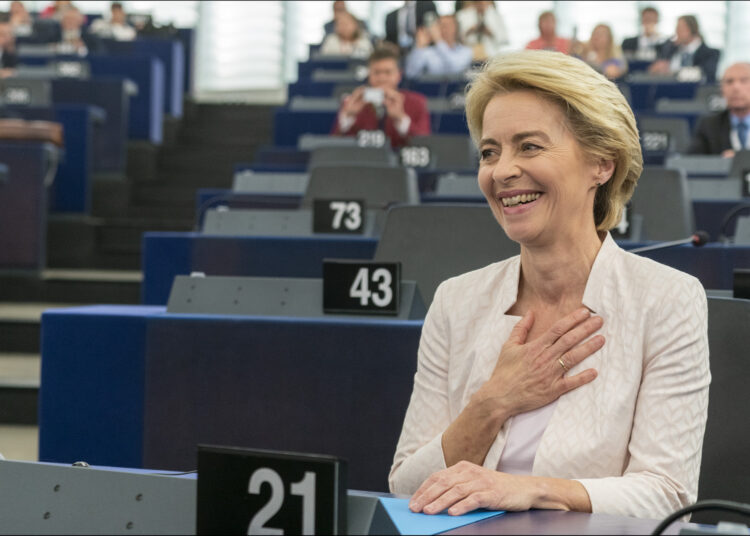During a presentation on the results of the ‘strategic dialogue’ on the future of European agriculture, European Commission President Ursula von der Leyen emphasized the crucial role that farmers play in ensuring food safety in an increasingly uncertain world. The presentation, held in conjunction with German professor Peter Strohschneider, who led the discussions, involved 29 parties including farmers’ organizations, business groups, and environmental clubs such as Greenpeace.
The dialogue aimed to create a broadly supported agricultural vision that addresses the ongoing farmer protests in Europe and the challenge of producing food sustainably without relying heavily on other continents, given the global geopolitical tensions and environmental crises.
One of the key outcomes of the dialogue is the recognition that European agriculture must undergo significant changes to ensure sustainable food production. This involves acknowledging the existential importance of food in European societies and bridging the growing gap between urban and rural areas.
Von der Leyen highlighted the importance of trusting farmers, stating, “Farmers are one of the most important professions we have. We need to trust them more. They do not need to be controlled on every square centimetre, but rather trusted to fulfil their duties and meet the requirements.”
In return for this trust, farmers must focus on sustainability. “We must move towards an agriculture that works with and for nature,” von der Leyen said, noting that farmers have a vested interest in this approach as they are among the first to suffer from the climate crisis, which includes water shortages in many areas. She described farmers as the “best ambassadors for managing nature” and argued that they are best positioned to take sustainable steps.
Concrete proposals to improve the position of farmers include reviewing trade agreements to identify areas where European farmers are disadvantaged due to higher sustainability requirements compared to competitors from other continents. Additionally, a common sustainability language should be developed to facilitate the comparison of products from different countries and continents. A new European consultative body is also proposed, where farmers, environmental groups, businesses, scientists, and policymakers can discuss the path towards sustainable food systems, identifying what works, what does not, and where additional support is needed.
The authors of the strategic vision conclude that to overcome the polarization, protests, and environmental degradation, Europe must make compromises between parties with diverse interests. The current situation is particularly challenging for farmers in many European countries, where right-wing groups have gained influence and geopolitical conflicts, such as the war in Ukraine and trade wars between China and the United States, have underscored the strategic importance of food production.








